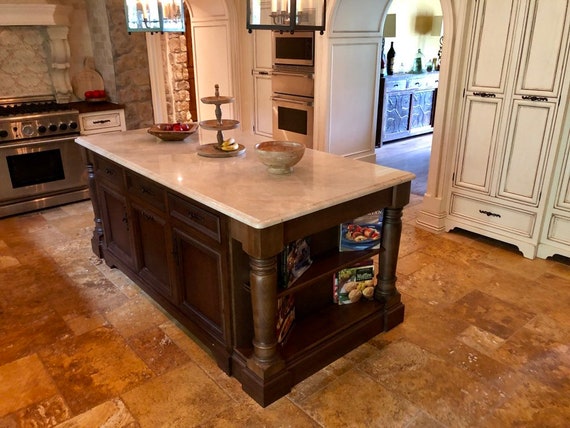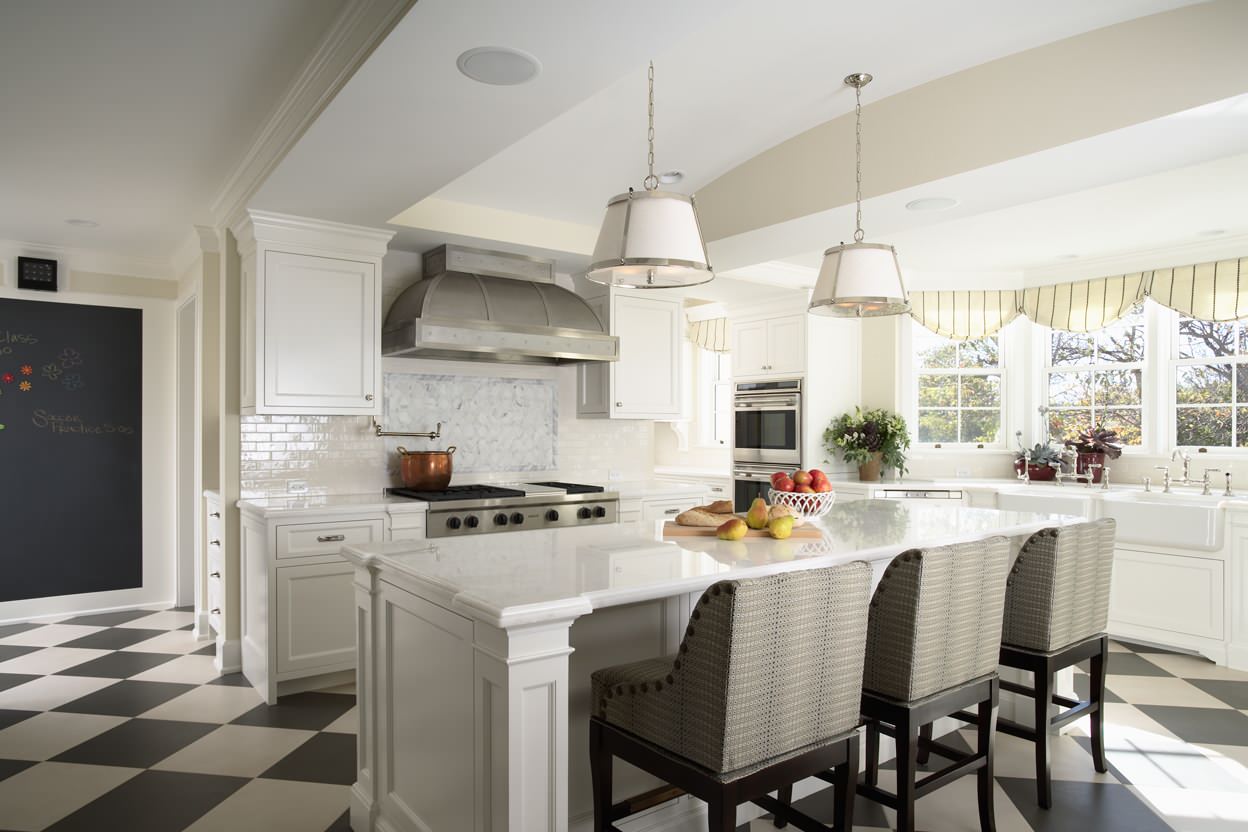The Leading Kitchen Island Leg Styles to Enhance Any Type Of Layout Aesthetic
The Leading Kitchen Island Leg Styles to Enhance Any Type Of Layout Aesthetic
Blog Article
The Value of a Sturdy Kitchen Island Leg in Developing a Useful Cooking Location
A tough cooking area island leg serves as an essential part in establishing a useful cooking environment, giving essential assistance for both the countertop and numerous kitchen area activities. As kitchens advance into multifunctional locations for cooking, eating, and mingling, the choice of materials and layout factors to consider for island legs ends up being increasingly vital.
Advantages of Sturdy Island Legs
Supplying vital assistance, sturdy kitchen island legs play a pivotal duty in improving the performance and resilience of kitchen area islands - kitchen island leg. These legs not only birth the weight of the kitchen counter and any type of extra things placed on the island, but also add to the general security of the framework. A well-supported cooking area island makes sure that it remains upright and useful, also under heavy usage, which is specifically essential in active cooking area atmospheres
In addition, strong island legs can enhance the visual appeal of the kitchen. They supply a strong framework that can match various design styles, from modern to typical. This flexibility permits homeowners to tailor their kitchen area islands according to individual preference while guaranteeing that the architectural integrity stays uncompromised.
In enhancement to their helpful duty, robust kitchen island legs can additionally improve safety. Inevitably, spending in strong kitchen island legs is vital for a functional and aesthetically pleasing cooking area.
Materials for Kitchen Island Legs
When choosing materials for kitchen island legs, sturdiness and visual appeal are critical elements to take into consideration,. One of the most common products include hardwood, metal, and crafted timber, each offering special benefits.
Wood, such as cherry, oak, or maple, is a classic option due to its toughness and timeless beauty (kitchen island leg). It can stand up to considerable weight and is immune to wear, making it ideal for high-use kitchen atmospheres. Additionally, hardwood can be tarnished or painted to complement numerous kitchen styles
Steel legs, commonly crafted from stainless steel or wrought iron, supply a modern-day and commercial look. They are incredibly strong and can sustain substantial loads while being resistant to wetness and warm, which is helpful in a cooking location. Steel legs can likewise be easily cleansed, enhancing their functionality.

Layout Considerations for Security
The selection of materials for kitchen area island legs straight affects the design factors to consider for stability. When developing a kitchen island, it is extremely important to review the weight-bearing capacity of the chosen products. Much heavier products, such as solid wood or steel, generally offer greater stability, specifically under the anxiety of day-to-day use.
Furthermore, the leg design have to integrate proper geometry to enhance stability. A bigger base increases the assistance area, decreasing the risk of tottering or tipping. Consideration ought to also be given to the height of the legs; disproportionate leg sizes can result in inequality, jeopardizing the general stability of the island.
Moreover, the circulation of weight across the island is critical. Making sure that the leg placement aligns with the heaviest elements, such as countertops and devices, will certainly additionally enhance stability.
Upkeep Tips for Longevity

Cleaning up is an additional critical facet of upkeep. Relying on the product of the legs-- whether wood, metal, or composite-- ideal cleaning techniques need to be utilized. For wooden legs, a gentle wipe with an appropriate wood and a wet fabric cleaner will aid maintain their finish. Metal legs might need a light polish to avoid corrosion and keep their appeal.
Furthermore, tightening up screws and bolts routinely can make sure stability and protect against tottering. Think about reinforcing the legs with additional braces or supports to enhance resilience if the kitchen area island experiences heavy usage. Finally, applying a protective finish or sealer can secure versus wetness and stains, extending the life-span of the legs. By following these upkeep tips, homeowners can ensure their kitchen island legs remain functional and robust for many years to come.
Picking the Right Leg Style
Normal maintenance makes certain that kitchen island legs continue to be durable and useful, however choosing the right leg design is equally essential for both visual appeals and support. The selection of leg style can dramatically affect the general design and consistency of your cooking area.

Performance is another vital facet. As an example, thicker legs or those with a strong base can support larger counter tops and devices, boosting the island's utility. Alternatively, slim legs may create an airy appearance, ideal for lighter layouts but possibly less helpful.
Verdict
In summary, the importance of tough kitchen island legs can not be overemphasized in the development of a functional food preparation area. These legs give important assistance, enhance stability, and add to the total visual of the kitchen. By very carefully selecting proper materials and styles, along with carrying out correct upkeep techniques, the longevity and efficiency of kitchen islands can be made certain. Inevitably, purchasing robust island legs is fundamental to attaining a safe and reliable culinary atmosphere.
A tough cooking area island leg serves as a fundamental part in developing a practical food preparation setting, providing needed support for both the kitchen counter and numerous kitchen tasks.Providing crucial assistance, strong kitchen area island legs play a crucial function in improving the functionality and sturdiness of cooking area islands. Eventually, investing in tough kitchen island legs is important for a practical and aesthetically pleasing cooking location.
Consideration must also be check it out provided to the elevation of the legs; disproportionate leg sizes can lead to imbalance, jeopardizing the general stability of the island.
Wooden legs provide heat and a classic look, while steel legs use a contemporary and industrial feel.
Report this page